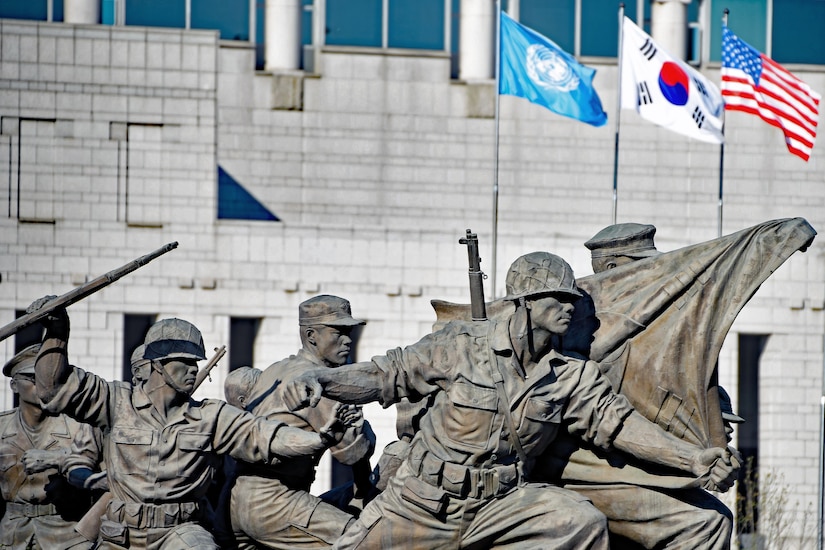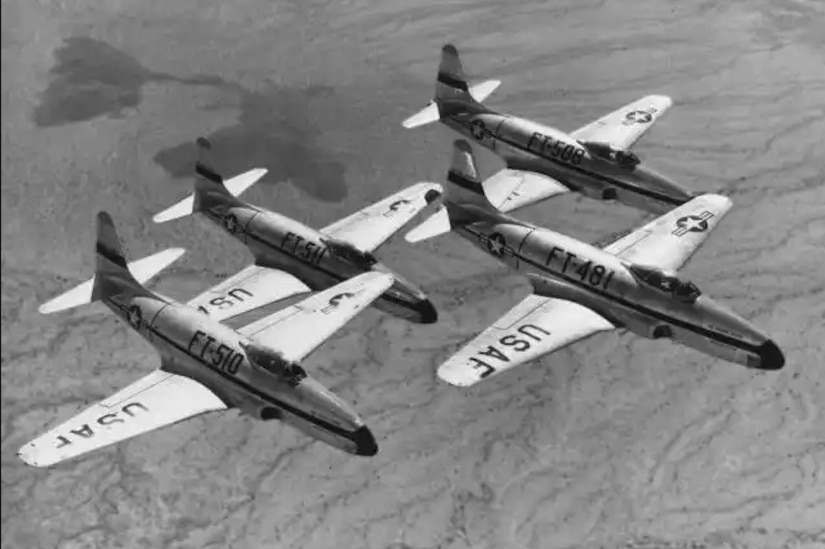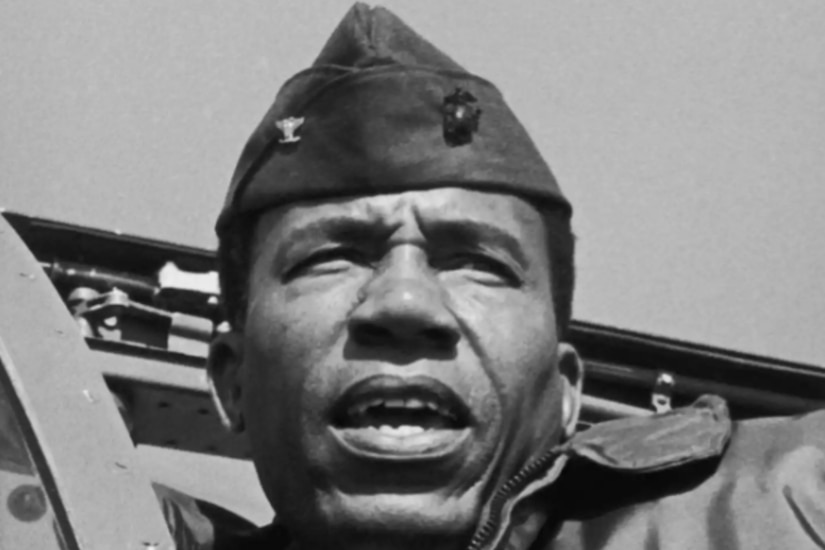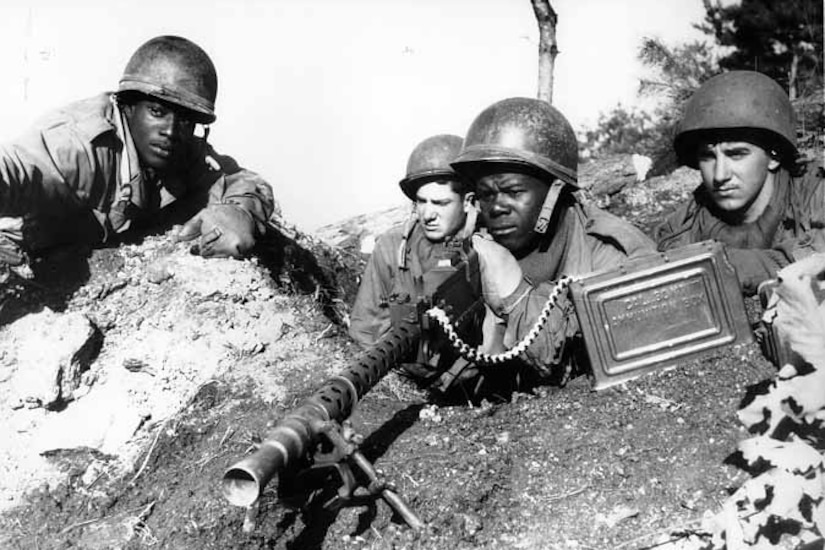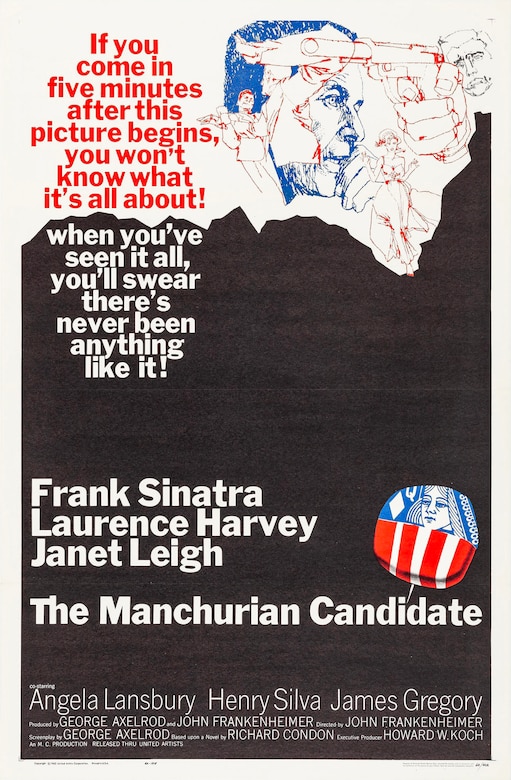Official websites use .gov
Secure .gov websites use HTTPS
The Korean War, which ended with an armistice on July 27, 1953, is sometimes referred to as the "forgotten war" or a "police action" because it was overshadowed by World War II several years earlier, and Congress never declared war on North Korea.
Despite being sometimes forgotten, the war had five unforgettable firsts.
In 1947, President Harry S. Truman signed the National Security Act, creating a new military department, the Air Force, which had been part of the Army. The Korean War was the first major combat action of the new department.
Although the Air Force still relied on World War II-era, propeller-driven combat aircraft, the war debuted the first U.S. use of jet fighters in combat.
The National Security Act also placed the War and Navy departments into the Defense Department, which was under leadership of the defense secretary.
The act created the Central Intelligence Agency and the National Security Council, as well.
The United Nations Command was established on July 7, 1950, following the U.N.’s recognition of North Korean aggression against South Korea.
The command signified the world’s first attempt at collective security under the U.N. U.N. Security Council Resolutions 83 and 84 provided the legal authority for member states to restore peace on the Korean peninsula and designated the United States as the leader of the unified command.
During the war and reconstruction period following the signing of the armistice, 22 nations contributed either combat forces or medical assistance to support South Korea under the U.N. flag.
Since the Korean War, forces under the U.N. have participated in multiple peacekeeping missions around the world.
The Truman Doctrine, also known as the policy of containment, laid out a key tenet of Truman's foreign policy, which stipulated that the U.S. would provide political, military and economic aid to democratic countries under communist threat.
The Korean War was the first wartime test of this new policy, ending the de facto pre-World War II policy of isolationism.
Today, the U.S. still provides defensive security assistance to democracies under threat, most notably from China and Russia.
The Korean War was the first war in which the military was desegregated. On July 26, 1948, Truman signed an executive order, desegregating the armed forces.
Although African Americans had served in previous wars, they did so in mostly segregated units.
The executive order stated that "there shall be equality of treatment and opportunity for all persons in the armed forces without regard to race, color, religion or national origin."
The code of conduct is an ethics guide for the armed forces, addressing how to act honorably in combat.
Although the code didn’t exist during the Korean War, it was a result of that war because the communists tortured and tried to brainwash prisoners.
When the war was over, 21 Americans chose not to be repatriated, attesting to a degree of brainwashing effectiveness, according to a history of the Joint Chiefs of Staff during the Korean War.
The topic of brainwashing was relatively new to the American public until the 1959 novel "The Manchurian Candidate” was published. The plot involves a U.S. soldier who was taken prisoner during the Korean War and brainwashed. He was repatriated and became a communist sleeper agent who was later tasked with killing a U.S/ political figure.
The book was adapted to a 1962 film of the same title starring Frank Sinatra and Angela Lansbury.
In 1955, President Dwight D. Eisenhower enacted an executive order for the Code of Conduct. It states: "Every member of the armed forces of the United States are expected to measure up to the standards embodied in the Code of Conduct while in combat or in captivity." It is an ethics guide and a Defense Department directive consisting of six articles that address how service members should act in combat when they must evade capture, resist while being held prisoner, or escape from the enemy.
Choose which Defense.gov products you want delivered to your inbox.
The Department of Defense provides the military forces needed to deter war and ensure our nation's security.
